Dr. Iheoma U. Iruka has made it her mission in life to advocate for children and families from low income households, especially those of ethnic minorities. As a research professor in the Department of Public Policy at the University of North Carolina at Chapel Hill, Dr. Iruka focuses on leveraging data-driven research to influence policies, practices and teaching in the early education of low income and ethnic minority households. A child of first-generation immigrants herself, Dr. Iruka understands the challenges that black children face in a racially repressive system, an understanding which drives her to devise and publish innovative approaches that address these issues. In the following interview, Dr. Iruka goes beyond research and pedagogy to offer practical nuggets of wisdom for Nigerian parents on raising socially secure, well adjusted and identity-conscious black children. Enjoy!
NPM: Dr. Iruka, thank you very much for joining the Nigerian Parents Magazine today.
IRUKA: Glad to be here. Thank you.
NPM: Our audience would like to know you a little better. Tell us a bit about your background.
IRUKA: Yes, I am Iheoma Iruka and I grew up in Boston for the most part. I did my Master’s degree at Boston University, my Bachelor’s at Temple, and then my Ph.D. at the University of Miami, Florida. I trained as a developmental psychologist. That means that I think about how children start in the world and how they are successful through school and life.
That is pretty much what I do. However, I will say that public policy is what I am most interested in and passionate about and why I am at the University of North Carolina, Chapel Hill. I am a research professor of public policy and have a center called the Equity Research Action Coalition. What I am most interested in is to ensure that black people have dignity humanity and all the same opportunities as everybody else in this country
NPM: We are the Nigerian Parents Magazine, focused on parenting. On behalf of our audience who are parents, we would like to get your expert opinion on what they are doing wrong, what they are doing right, and how to navigate this situation of raising our children in an unfamiliar culture. You were born here in the United States to Nigerian parents. How would you describe your parents’ style?
IRUKA: I would like to say that it is my honor to be in the presence of both of you, being interviewed by the Nigerian Parent Magazine. In addition, I would say that I was raised in many ways. Even though my mom did not speak the Igbo language to me all the time, I feel that I was raised in the cocoon of a Nigerian parent, in that, there was the highest expectation. My mother had three jobs, so she was never home. However, there was the expectation that I would graduate; I would get a Ph.D. I never even thought about any other option.
There were books all around. There was always conversation or arguments. I feel like a lot of that part is what I bring in raising my young kids. I have a five-year-old son and an eight-year-old daughter. There are books all around. I am constantly having conversations or debates – in this case, I call it a debate – with my young ones. However, I am also trying to instill the importance of hard work in them. In addition, I want to instill something that I do not know if my mom did a lot, which is that being black is something special; that being black with both Nigerian and Bahamian (their dad is from the Bahamas), is about pride. I want them to always know that no matter what society tells you, you are brilliant and excellent. That is important, and I want my kids to get it because society tells you the opposite. If you are African, they tell you a whole other thing, such as you must have grown up in a village with your stomach coming out; and living in poverty. I want my children to understand the truth.
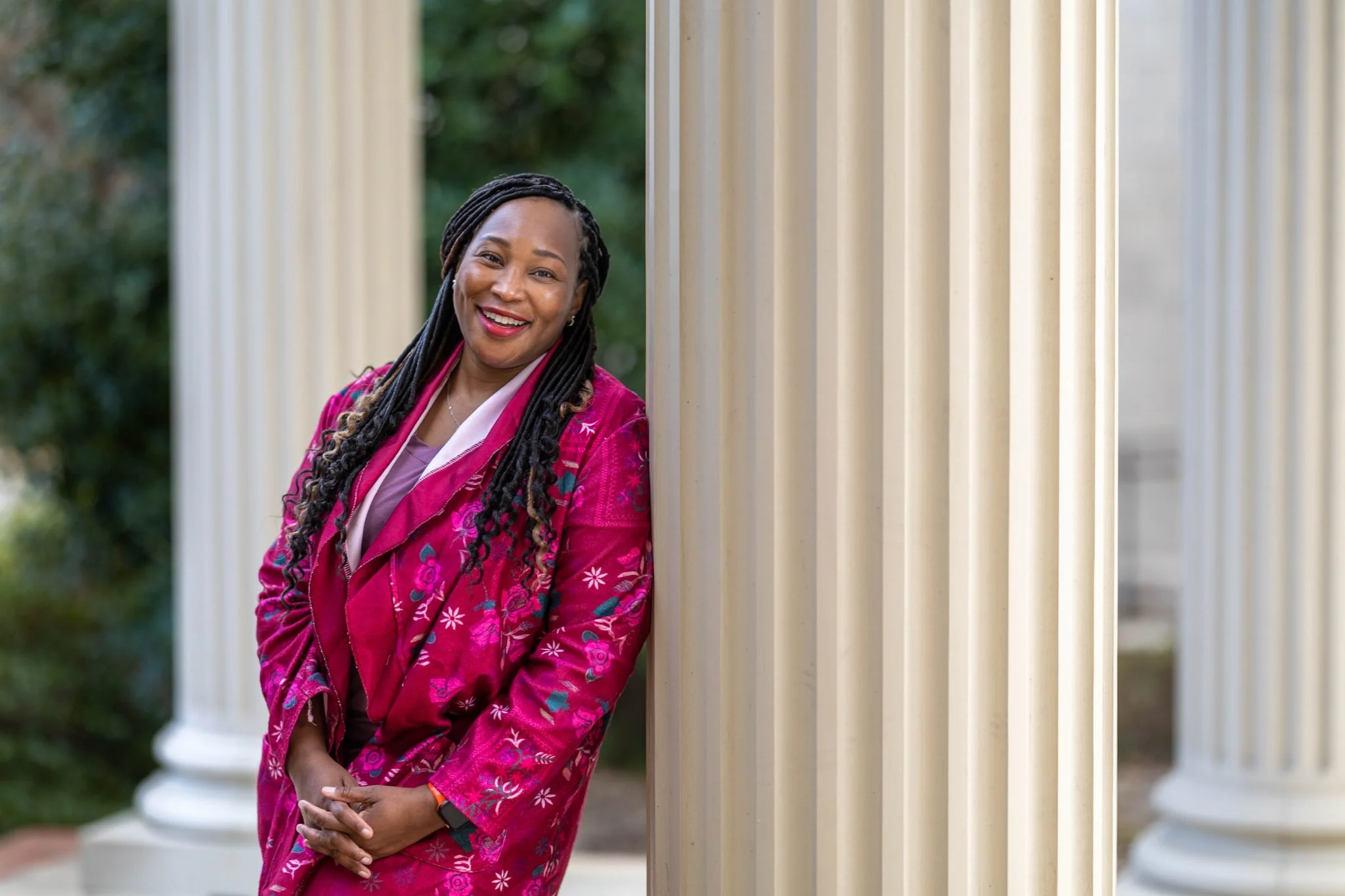
NPM: We have asked a few of our guests this question. Those of us who grew up in Africa have parents who believe that you spoil the child if you spared the rod. We are raising children in America and we know this is a different culture and all of that. Therefore, we always want to get people’s perspectives on discipline. When it comes to discipline, how did it happen with your parents and how are you handling it with your children?
IRUKA: That is a big one, especially since I am a child psychologist. Therefore, of course, I will say that our research consistently shows that discipline is not something that helps kids. Again, in the long run. However, I want to say this; I think there is a distinction between abusing your child and disciplining your child. So if you think about it, my mother did try to hit me one time, and it just did not work out. Therefore, she never hit me again. My older sister probably got more of the traditional beatings, but I did not. So I feel like there is a distinction that we have to make because I think we use America, white people’s ways of being and make that assumption, and if it works for all of us. It does not. However, of course, I think there is a difference when you abuse a child because you are angry, frustrated, and stressed. Nevertheless, if you are disciplining a child because you are trying to teach them not to do things that might get them killed out there in the world. In the space where I live, I do not hit my kids; I do not because I don’t even know if I can do that. I cannot see myself doing it. However, I do not judge those who discipline with physical touch to it if it is not abuse. I was a social worker in Florida. So obviously, I work on child abuse cases. Therefore, I know that the difference between discipline and abuse is a fine line. I will say that parents should understand that the physical approach should be the last thing.
NPM: Your mom recently ran for office in Boston. You have gone so far into policy research. Is there any politics in your future, trying to change policies from the inside?
IRUKA: Granted, I am in the Department of Public Policy. I am very much interested in policies that will make sure that black families and children are protected, that their health and their wealth are promoted because black people still do not have a lot of money. Even Africans, compared to other immigrant populations, still have less wealth than white communities do, and I want our culture and language to be preserved and treated respectfully. I do not see myself running for office because I feel like there is so much to it, but I never say never. However, I am open to opportunities that allow me, in the work that I do, to continue to push for humanity and the liberation of black people and the respect of black people from across the diaspora. If it means that I might run for office one day, I will. I think for me, I love just being able to do research, being able to provide analysis to community organizers, to policymakers at the state and national level. I am glad my mom did it because I think that is who she is. She is such a brilliant woman who has done a lot, seen a lot from the continent of Africa all the way here. So I felt like she would have been a great policymaker in Boston, and I think that is their loss, not hers. I am still growing and thinking about what kind of policies are the most important for me to push.
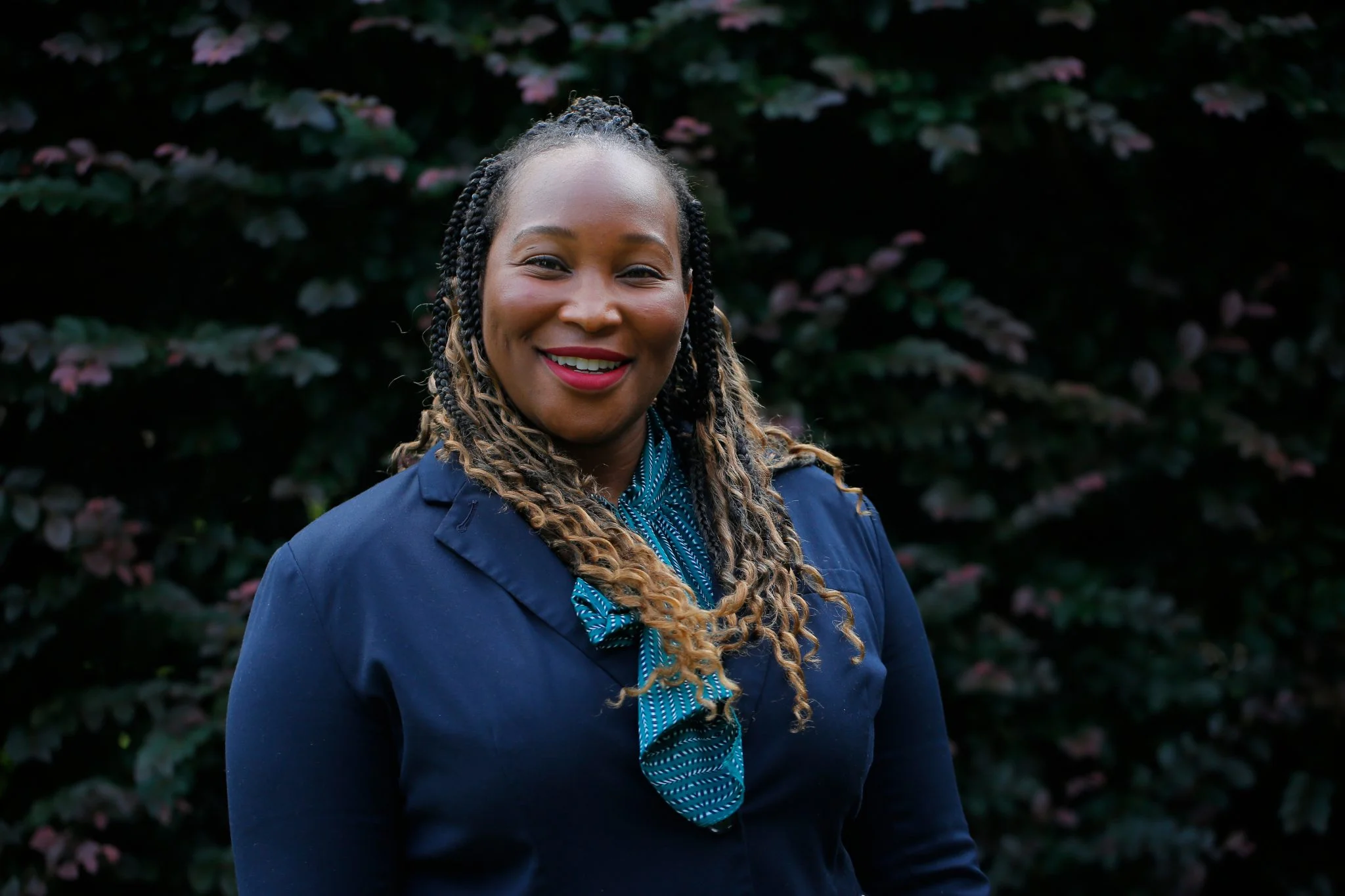
NPM: I do believe your mom should come back and run again. I agree with you that it is a loss for the city of Boston.
IRUKA: I think Nigerians should mobilize. I believe this is also important. Nigerians should understand that we are one of the largest African groups in the country. We have a lot of power in our ability to be in many spaces. We are one of the most educated, wealthier groups compared to other black people. Nigerians have many assets that many black Americans may not have. Therefore, I do hope that eventually Nigerians and other black people will profoundly mobilize around black policymakers. I think we have a lot to say and give because many of the descendants of enslaved people came from Nigeria. They are literally from West Africa. So I do think we need to create that connection between Nigerians.
NPM: I would like to hear your perspective or what advice you might have for people who are raising black children in a racially charged environment like the United States. Whether the parent is black or white, they are raising black children. What would be your top two-three pieces of advice to them?
IRUKA: That is a great question. I have so many, but my first and foremost is to know your lineage and your history. I think the one thing that I have, which many of my friends who are more descendants of enslaved people, do not have, is a connection to the motherland. I am not saying that they are less than I am, of course. I think there is something that allows me to lean into my spiritual and ancestral roots, that even when I know I am in the spaces of primarily white people, I still see that I am not just working for myself – I am part of a community. For example, I have a name that is not descendants of slaveholders’ names. I think that is something fundamental that gives me the strength to say I am part of a bigger group of people beyond me who have lived in this country. People need to figure out their ancestral roots and connection to the motherland. The second thing is that people in America, including African people from the diaspora, have to know the worthiness of being African. When people hear Africa, they have a particular image that white Americans have put in their heads. It is deficit and pejorative. I will say learn what it is to be African. I say this to myself too. I feel like I had to understand what it means to be African and African rooted. There is strength and humanity in knowing what America knows and does come from the continent. I think that knowing what it means to be African will help us at least insulate ourselves from the stories that were told about what is black and what is African.
I would say that we have to learn to keep our money in our community. Many times, our money leaves, as they say, 17 seconds after we get it. That tells you that we cannot create many connections and use our money to work for each other, whether it is buying homes together or real estate together, investing in each other’s company or organization. So then, use your money in our community as much as possible. But they require some work. For any family, if you are a parent of a black child, it is essential to inoculate them from all of the things that they are going to be harmed by because society is already ready to take your child and let them know that they are not worthy. That is literally what American and Western cultures do. It is how colonization is all around the globe. I think this will make your child know who they are, not what America tells them about themselves.
NPM: You are a researcher, an educator, and an advocate for black children. Can you share with our audience what kind of research you have conducted?
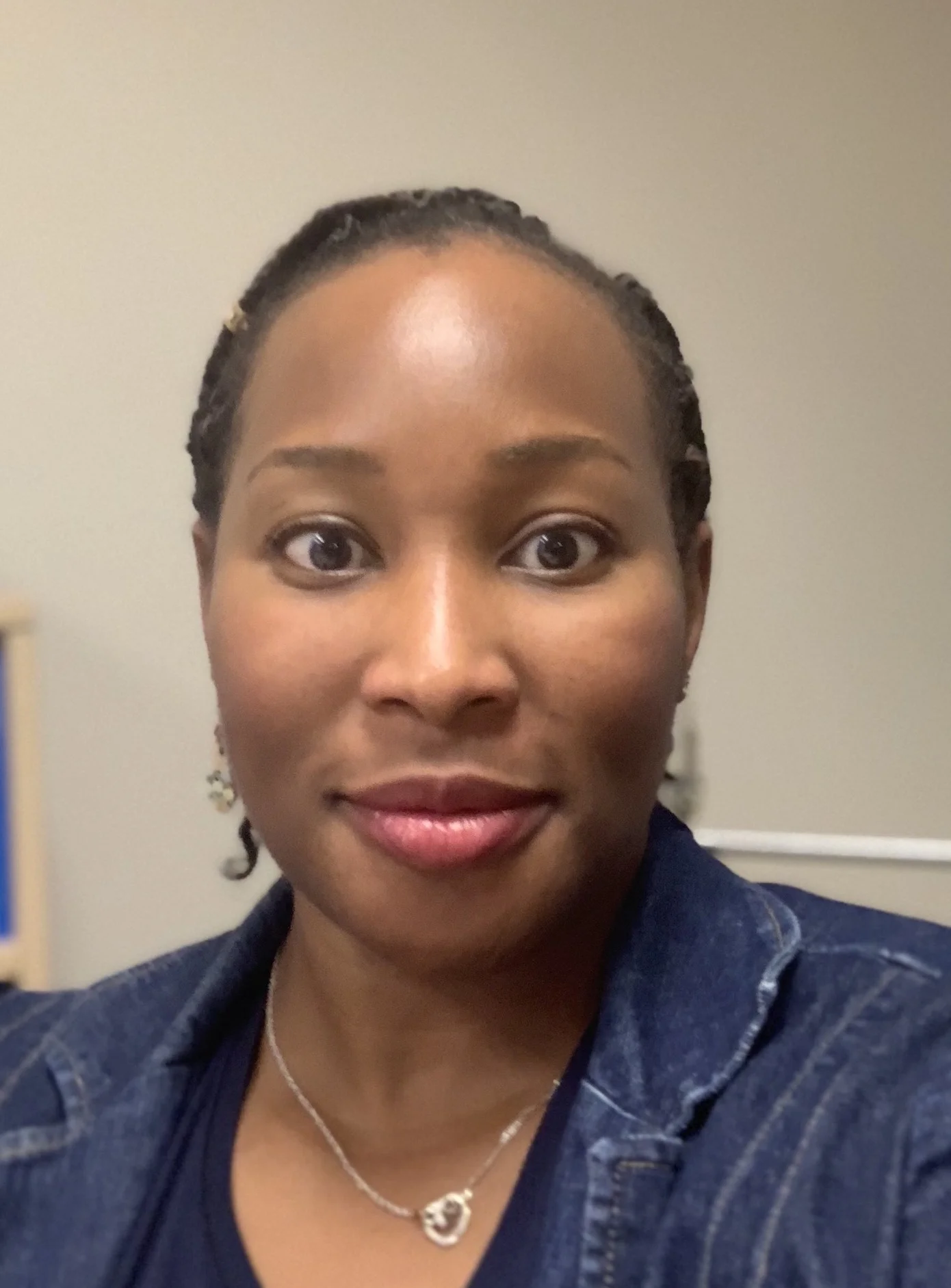
IRUKA: It is quite a bit. One has been about parents and parenting. If you think about it, in the early childhood years, most people think of parenting as feeding and clothing kids. They should not be in the business of educating children because that is what we pay teachers to do. My research says that parents are instrumental in children’s well-being, self-confidence, and achievement. If we do not have parents as central to that, we leave it to the schools. For black kids, that is not a positive thing. My mom was working from when I was a month old. In my early childhood, she was working. However, a lot of what she had already done when I was five or six years old stayed with me. The fact that she was working three or four jobs did not matter. Yes, I got into trouble here and there, but I still knew that I was going to graduate from high school, I was going to go to college, and I was going to get a Ph.D. That was already set in my brain because 85% of the brain’s whole synapses forms by five years old. We need to make sure that we understand much of what we are setting up. It needs to happen early. Do not wait for your baby to talk. You should be doing it when they are out of the womb, if not before. We should be talking, singing, and telling them stories of their ancestors because many of them set the foundation.
The other track is really around early childhood. People should think about preschool, pre-K, and childcare. The part that I focused on now is the systems. The fact of early childhood is literally, what many people need. If you are working, your kid is either with a neighbor or relative, a center or school. A lot of the work I have done has been to look at the quality of the care. Because again, remember, if 85 to 90% of the brain is developed by five years old, that means that whether they are in your home or outside your home, that environment has to be high quality. They have to have someone who talks to them, loves them, cares for them, reads for them, and does all the enriching things with your child. We have to make sure that the programs that kids go to are culturally rich, language is rich, and that they care for them. We see many black children thrown out from these programs. By the age of four, we see that almost 50% of suspended children are black kids. Think about a 48 month or 32-month-old child told to get out and do not come back. I want to make sure that these programs and schools that are supposed to take care of and teach our young children are doing it right and doing it well and fairly. These are the two significant areas, but I also look at these issues from a policy perspective.
I am thinking about issues around health care for our mothers because we know that it is essential for mothers and families to be healthy. If you are a poor parent and do not have $14,000 a year to give to childcare, your child has nowhere to go. Therefore, I think about things like universal childcare paid family leave because when kids are born, you want to make sure that the father and the mother can bond with a child. Right. Then I think about things like reparations for those who are descendants of enslaved people because America has for too long used black people’s bodies, their brains, their labor to create this country’s wealth.
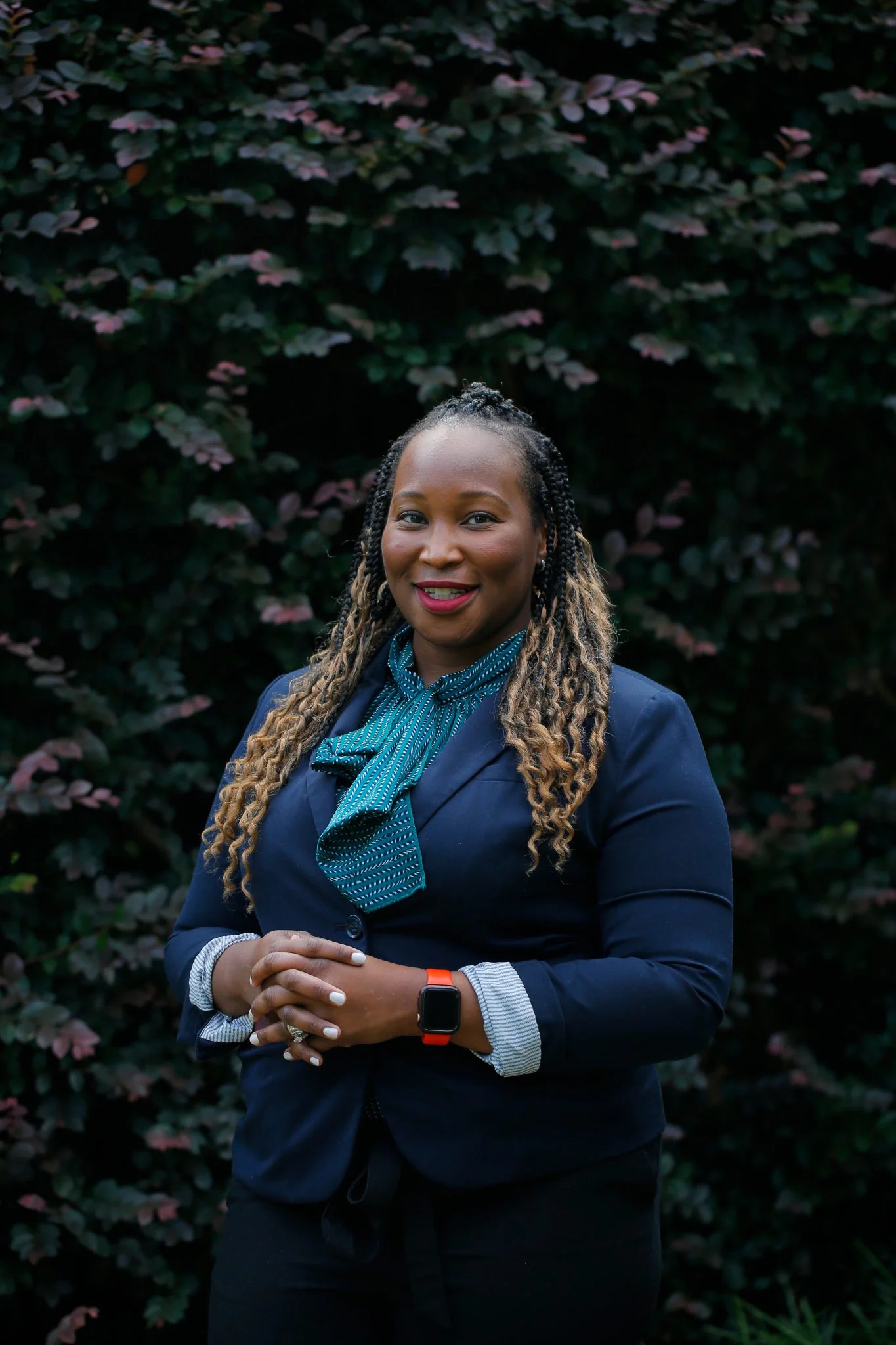
NPM: We hear a lot about Nigerians who are the first in this area, first in the other, whether graduation rates or PhDs. Many of these statistics are anecdotal. Being a researcher, can you articulate some of the ways to make these numbers concrete and not anecdotal?
IRUKA: I would first say this, and I want people to hear me: When we want to show the brilliance and excellence of Nigerians, we are not trying to separate ourselves from descendants of enslaved people. That is what America tries to do, separate black people all over the place. We have to understand that, but I think it is also essential to realize that there is something potentially useful for other black people from across the diaspora to understand. The census ensures that we use accurate data and collect information every ten years, and I sit on the national census advisory. The census produces the national data of who is here. In addition, they actually can break it out by country of origin. So you can use a census to gather who is here, the country of origin, their degrees, and income level. We just had a decennial census in 2020. The data should be coming out soon. NPM can use such data. The other thing is that we can also do a US – Nigerian census study where we begin to ask Nigerian parents what they do, their level of education , their field of education, health, wealth and all that. We would need to collect data and compare them to those who are not Nigerians?
I think what will be most beneficial for me is this idea of the tiger mom. We want to understand what it is that Nigerian parents do that could be helpful to other parents to ensure that their children are suitable. For example, do they have books all over the place like my mom? Do they talk tirelessly? Do they network more than other parents do? Or is it that they have the “it takes a village” mentality?
It is also essential to understand that the one thing about Nigerian families is that they have a connection to Africa. You never had to deal with the whole 400 years of oppression. This could be an advantage. So we begin to find out what may be inoculating them from the American toxicity around blackness. We also want to uncover the similarities between how black people in America parent and how Nigerians parent. We can look at unique features that we can pull out through surveys or focus groups. I think there is a lot we can do to begin to capture the essence of Nigerian parenting. I would love to see what Nigerian parents have brought from African ancestry home and how it can help those who have not been able to go back. That will be so powerful in many ways.
NPM: Is there anything that you would like our audience to know about that we have not covered?
IRUKA: I want to say I am so appreciative. I know that I am here because of the Nigerian community that allowed us to reintegrate into society. I feel blessed to have a Nigerian root. I hated my name at some point because it was not an American name. When you are a young person, it is hard to have a name that is not like others. Now I feel like my name is who I am. It signifies that I am more than just what I am. I hope that Nigerian parents understand that there is depth and strength in having Nigerian roots when you are in America. There is something about it that we have not fully appreciated and shared with others. I hope that those who are hearing me understand that our job as parents and adults is to make sure that our kids do not lose the root of their ancestry because it will keep them safe and healthy.
NPM: Dr. Iruka, thank you very much for being here.
IRUKA: Thank you so much for having me. It was an honor.


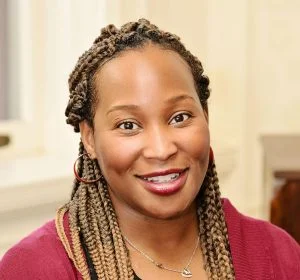
This Post Has 3 Comments
I luv her courage,her boldness and her fight for what ought to be!💪
Her advice to Nigerian parents to always know their roots,be proud of it and also use it to their advantage.
Keep fighting the good fight. It shall yield a positive results in no distant time.
The professor has already said everything,the only way we can have a good fight for a social identity is by exposing our our children to reading and learning how to read good books and languages from an early age and preparing them to be equipp for foreign culture ahead of time.if we expose them to good books,they end up becoming good reader and learn a lot of things that will be beneficial for their future education.
motivational article. Thanks for the share.